When the soil is poor, the most important thing to add is humus.
It helps sand hold onto nutrients, it helps clay drain, it retains water in the ground when it’s dry – and it has a profound effect on the health of your garden plants, allowing fungal connections to take place while making diseases and pests vanish.
We finally got a hard freeze here in Lower Alabama which took out our remaining pepper plants:
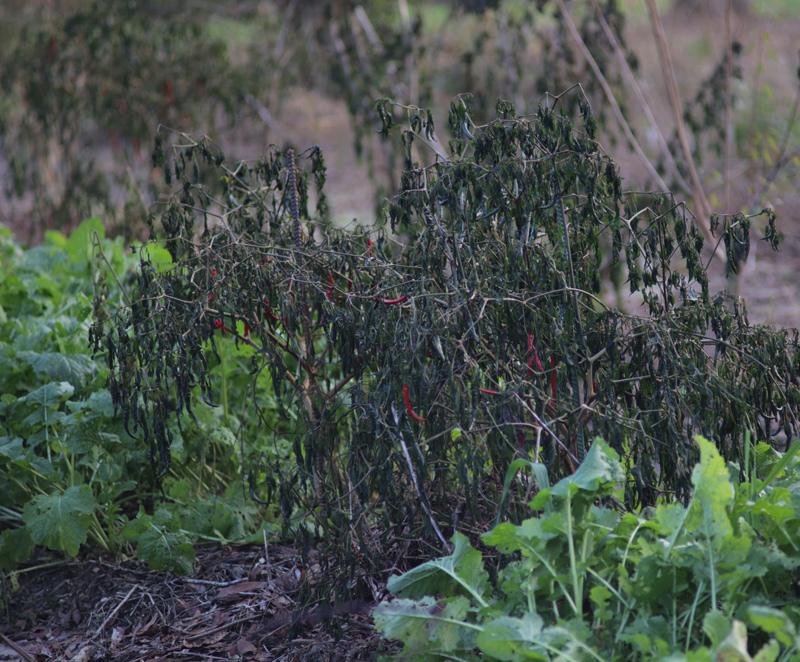
In this recent video – which was filmed right before the frost – you can see me chopping and dropping pepper plants to feed to the soil in my Grocery Row Gardens.
I threw down a lot of mulch and I’m still throwing mulch around.
Getting enough organic matter in the soil here isn’t easy. We’ve grown cover crops, chopped and dropped, gathered manure and have considered getting a trailer load of “gin trash” from the local cotton processing plant.
Look at this:
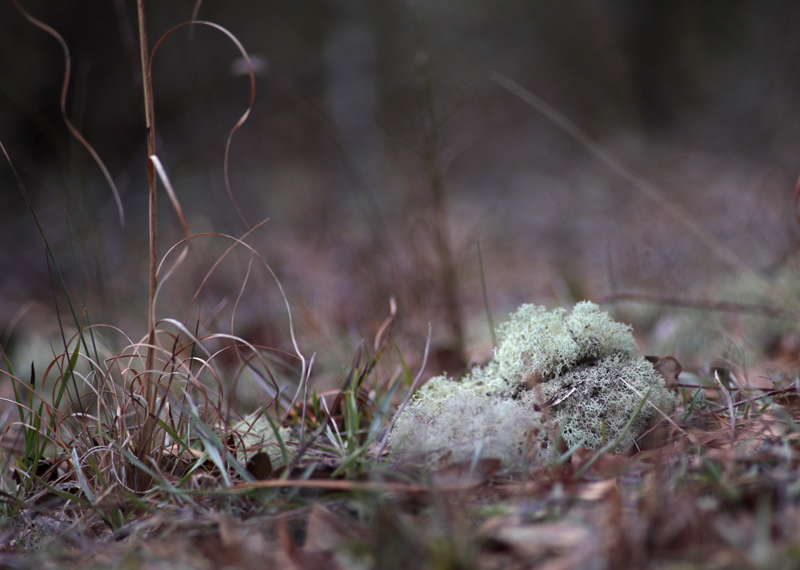
That’s reindeer moss, a classic sign of poor soil. It’s a beautiful lichen, but doesn’t bode well for the turnips growing nearby.
They look pretty lousy, actually:
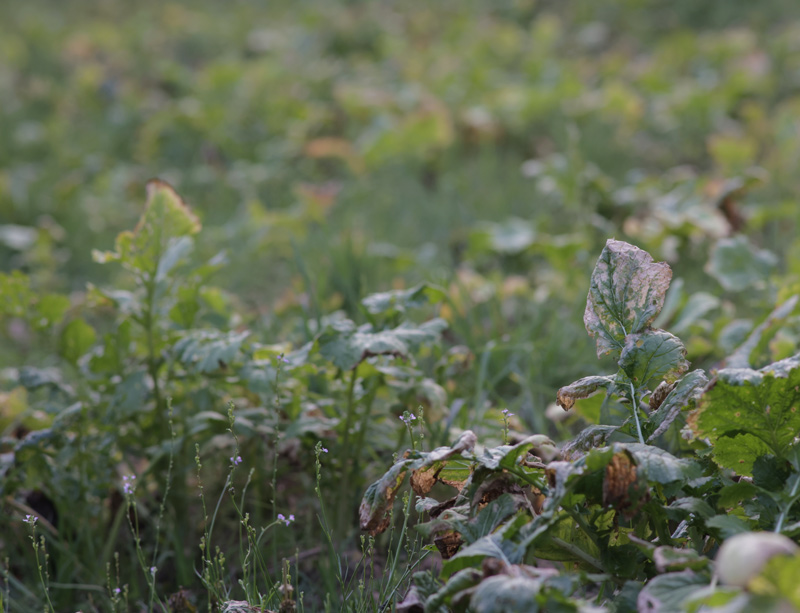
These turnips were planted by scattering seed and 13-13-13 over an area of bad soil and tilling it in.
It’s better than nothing, but it’s not impressive. The plants definitely show signs of mineral deficiency:
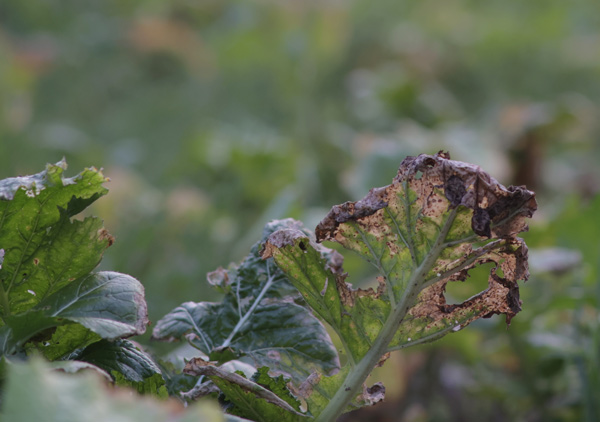
Compare that to how good these row gardens look:
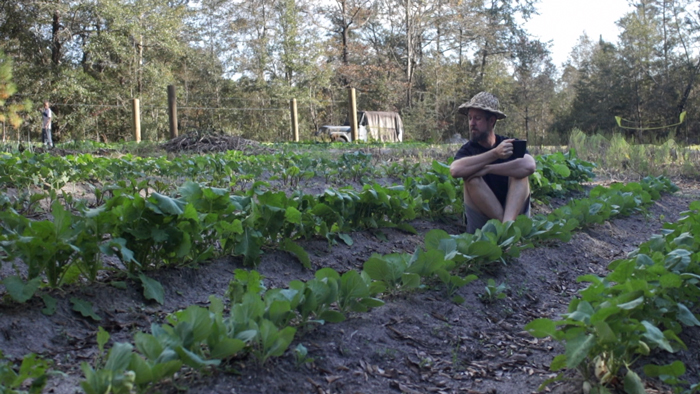
Those plants had alfalfa pellets tilled into the area and were also fed with Steve Solomon’s Mix, which also contains cottonseed meal.
The minerals are important – but so is the humus provided by the cottonseed meal and the alfalfa. Additionally, we tilled under cover crops in that area, and tilled under the weeds and remnants of our summer pumpkin patch.
Still, getting enough humus is a problem. I am reading An Agricultural Testament by Sir Albert Howard right now and he emphatically restates the value of compost. Getting good compost takes time, however, especially with the problem of toxic herbicides.
Later today I am going to go manure hunting in the neighbor’s cow field. I know the farmer doesn’t spray Grazon, so we should be fine. It’s just a constant job getting compost, especially when we don’t have a farm integrated herds of animals with our vegetable gardens.
Expanding quickly, as we have, comes with some downsides. It would be better to build up a small space to a high level of fertility and then move out, but the pandemic of 2020 really threw us for a loop. After moving, we put in gardens right away, lousy soil be darned, and now we’re playing catch up.
Out by the lousy turnip patch the county has been dumping piles of tree limbs for us:
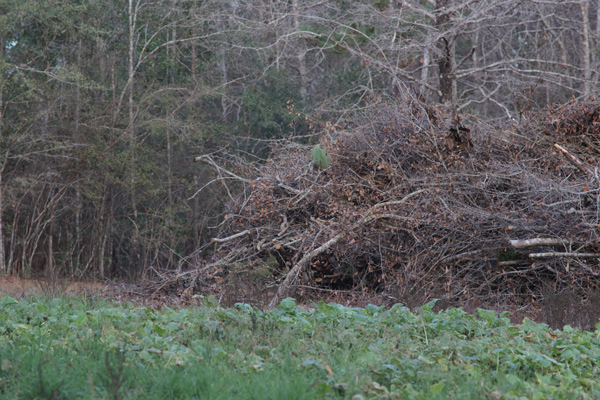
If I had time to let them rot down (like 5 year), that would give us a lot of humus. Instead, though, I’m going to burn them into biochar and till that in. It mimics some of the effects of humus and lasts longer. Maybe if I tilled in the char along with gin trash! There’s a thought.
Anyhow – gotta run. I need to go get that manure.

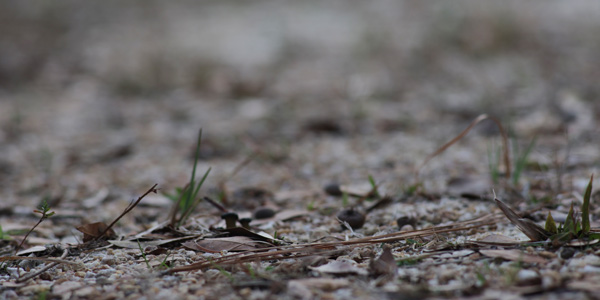
2 comments
[…] David the Good talks about humus and expanding a garden too quickly. […]
Thanks for the article. Question on using alfalfa pellets and cottonseed meal. I’ve read that growing alfalfa and cotton usually involves copious amount of pesticides. So, I’m worried about using those in my garden for fear of introducing glyphosate (or other toxic chemical) in my soil (similar to your story of the manure that killed your garden). Is that a potential problem in your experience? Should I be looking for organic version of alfalfa pellets and cottonseed meal?
Comments are closed.